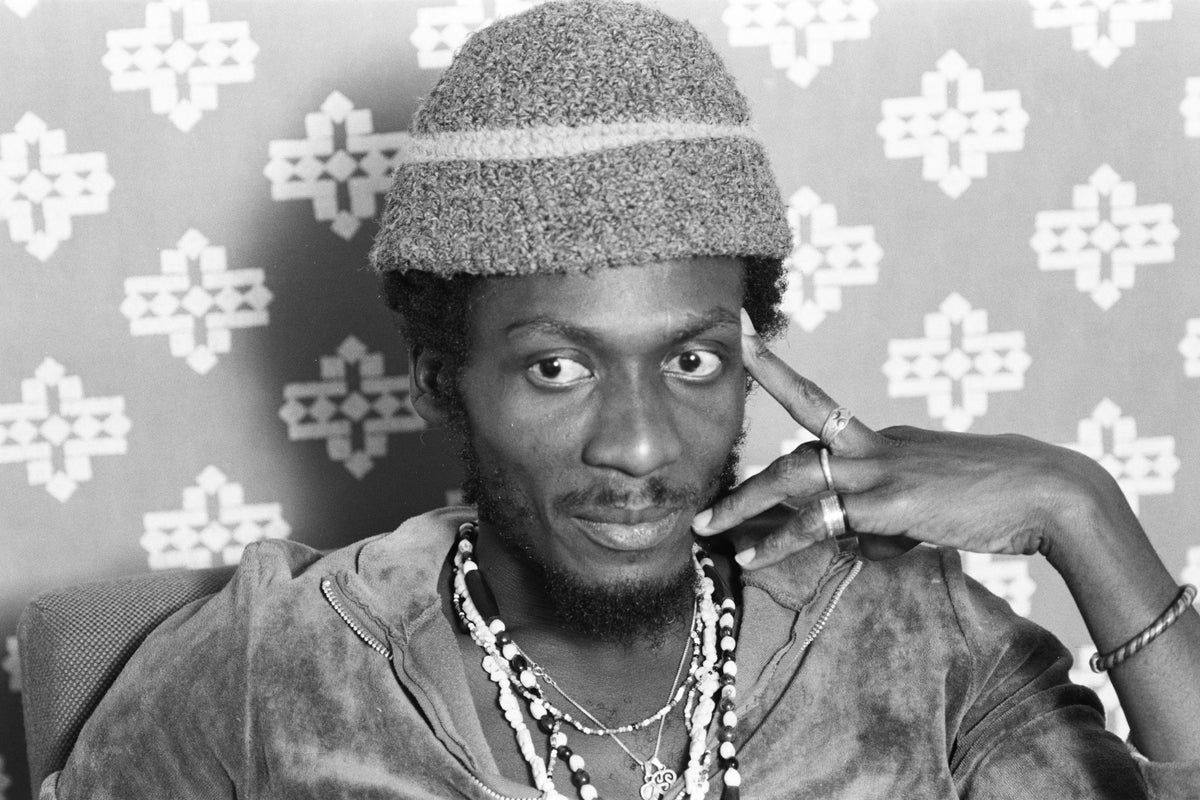- Culture
- Music
- Features
The trailblazing Jamaican singer spent much of his life experimenting with different genres, styles and sounds. Kevin E G Perry remembers Cliff’s generosity of spirit in conversation, his joyful live performances and the movie role that made him an international star
 Tuesday 25 November 2025 09:35 GMTComments
Tuesday 25 November 2025 09:35 GMTComments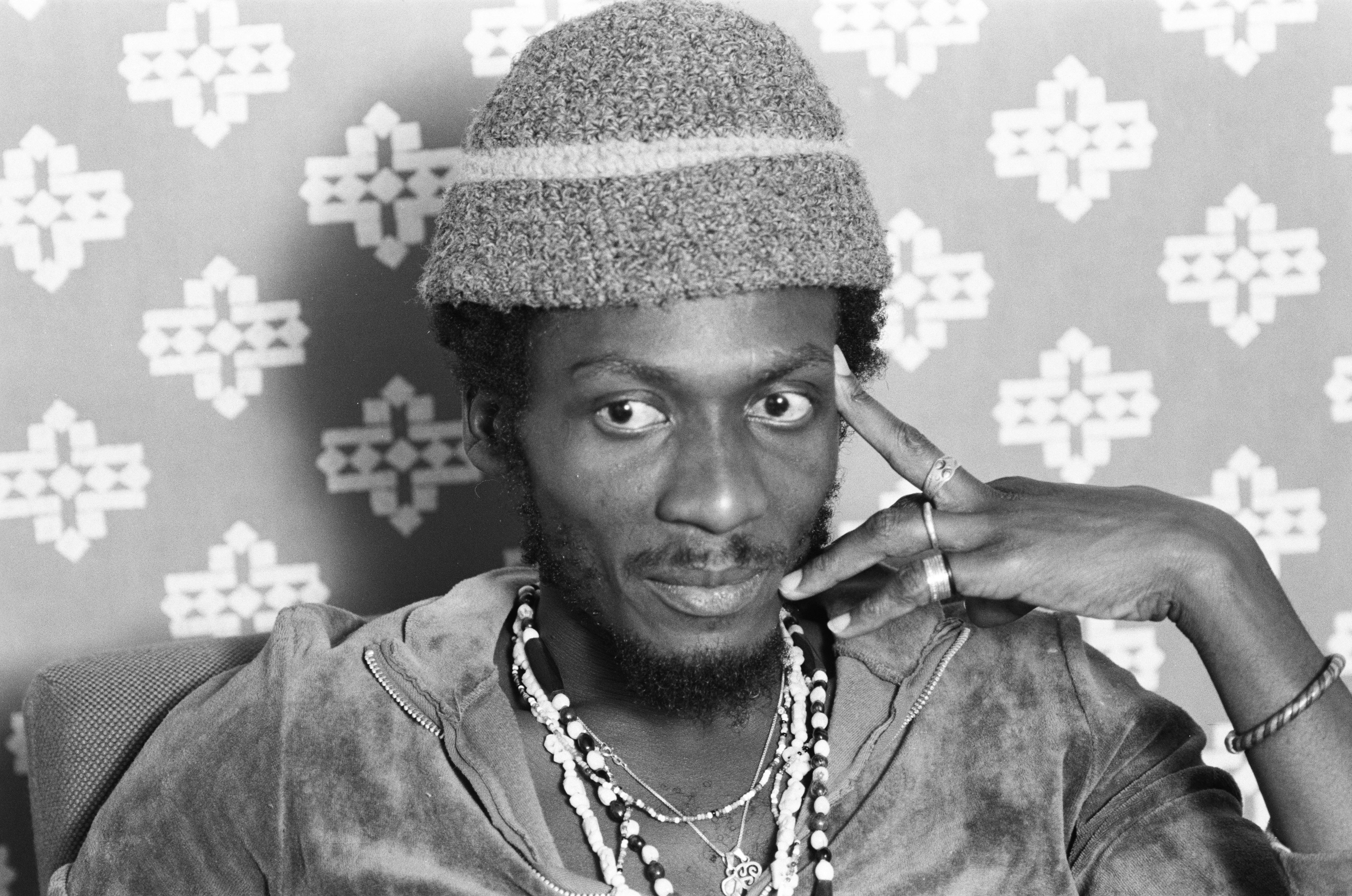 open image in galleryJimmy Cliff, who has died aged 81, pictured in Tokyo, Japan in March 1978 (Koh Hasebe/Shinko Music/Getty Images)
open image in galleryJimmy Cliff, who has died aged 81, pictured in Tokyo, Japan in March 1978 (Koh Hasebe/Shinko Music/Getty Images)
Get the inside track from Roisin O'Connor with our free weekly music newsletter Now Hear This
Get our free music newsletter Now Hear This
Get our free music newsletter Now Hear This
 Email*SIGN UP
Email*SIGN UPI would like to be emailed about offers, events and updates from The Independent. Read our Privacy notice
Jimmy Cliff had one of the sweetest, smoothest voices ever to come out of Jamaica, but to think of him only as a reggae star would be to understate the breadth of his talent and ambition. The pioneering singer and actor — who has died aged 81 — was a restless soul constantly in search of unexplored territory.
Some questioned whether his life would have been easier if he had just stayed in Jamaica making reggae albums instead of journeying around Europe and Africa or traveling to Muscle Shoals Sound Studio in Alabama to record soul and rock music.
“I felt, ‘If I put me in this one little bag, I'm going to be suffocated. How am I going to say what else I want to say?’” he told The Independent in 2003. “And that has been a big struggle in my career. They say, ‘You’re a Jamaican, you’re known for reggae,’ so you're supposed to do that. But I won’t... Looking for the new, that’s fundamental to me.”
I first fell in love with Cliff’s rich, mellifluous voice when I was a schoolboy, after his laid-back but infectiously cheerful cover of Johnny Nash’s “I Can See Clearly Now” became an international hit in the early Nineties. The song was a three-minute dose of sunshine breaking through our gloomy British skies.
Cliff was still a schoolboy himself when he first launched his career. He was born James Chambers in the suburban parish of Saint James, north-west Jamaica, in 1944, then moved with his father to the capital Kingston at the age of 14. Not long after, he found an enterprising way of getting his music heard. Every day on his way to school he would walk past a restaurant called Beverley’s that sold vinyl records as well as ice cream. One day, he told the establishment’s three owners he had written a song called “Dearest Beverley”, and that they should record him singing it to advertise the place.
Two of them scoffed, but the third was impressed with the idea. That was Leslie Kong, who followed through and released the aspiring musician’s debut ska single “Hurricane Hattie”, with “Dearest Beverley” as the B-side, in 1962. Cliff’s songs launched both their careers, with Kong going on to record Bob Marley, Desmond Dekker and the Maytals as he became one of the most influential producers in early reggae.
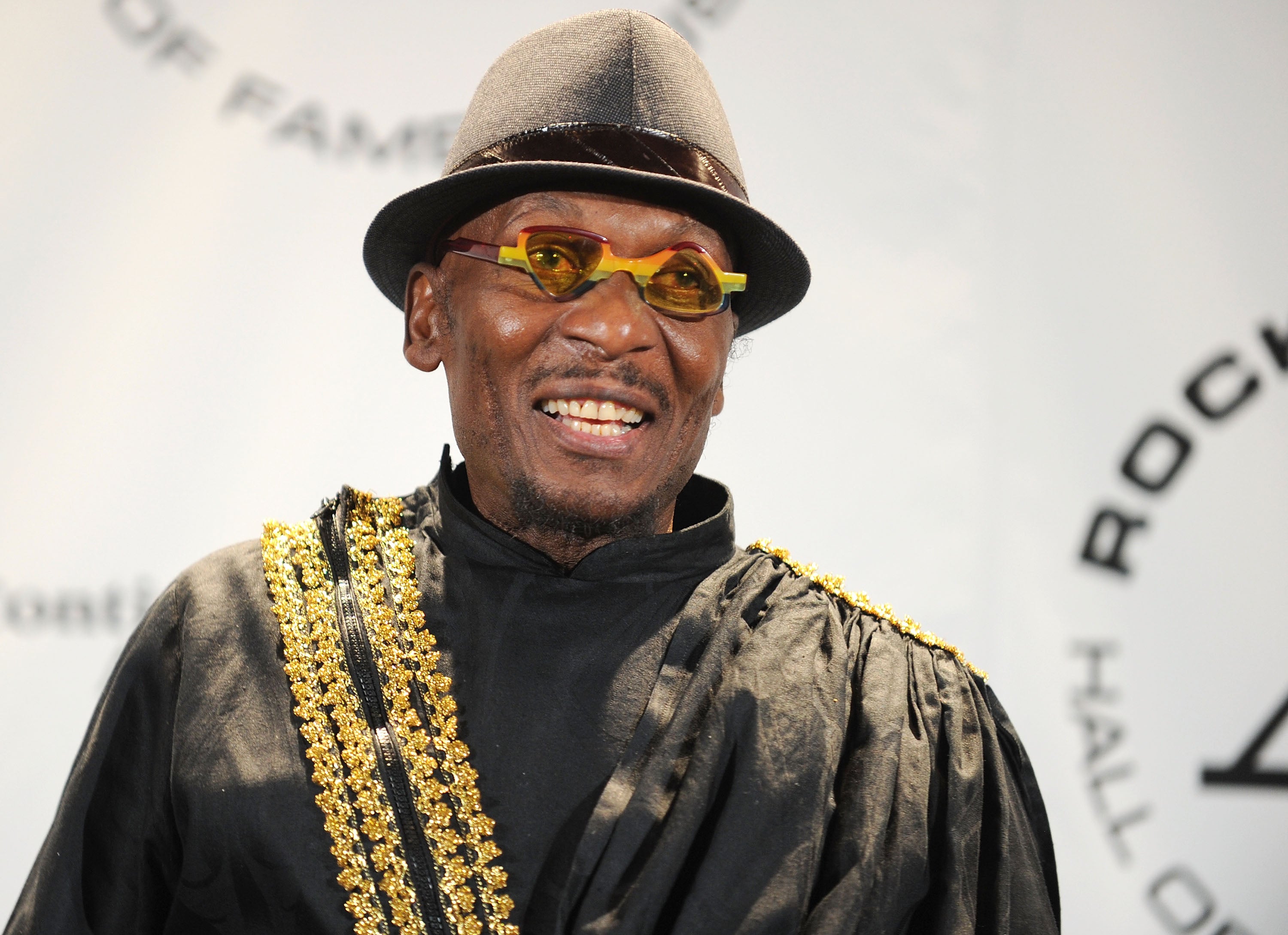 open image in galleryJimmy Cliff being inducted into the Rock And Roll Hall of Fame in New York in March 2010 (Stephen Lovekin/Getty Images)
open image in galleryJimmy Cliff being inducted into the Rock And Roll Hall of Fame in New York in March 2010 (Stephen Lovekin/Getty Images)Cliff didn’t hang around. At the age of 16, he traveled to New York to record with Byron Lee and met Island Records boss Chris Blackwell, who in turn convinced him to move to England. Cliff believed he would soon be as popular as his heroes The Beatles and The Rolling Stones, but initially struggled to find his feet. He wrote the powerful “Many Rivers to Cross” about his difficulties in 1969, following it with the joyful Top 10 hit “Wonderful World, Beautiful People” and the bouncy but direct “Vietnam”, which Bob Dylan famously rated as the most impactful of all anti-war songs.
Despite the undeniable quality of the music he was creating, Cliff hadn’t quite broken through to the level of acclaim his talent deserved. International fame truly arrived when he was convinced by the Jamaican film director Perry Henzell to play the lead role in his crime drama The Harder They Come. Credited with helping to popularise reggae around the world, the film was a huge success and Cliff’s soundtrack quickly became a cornerstone of the genre.
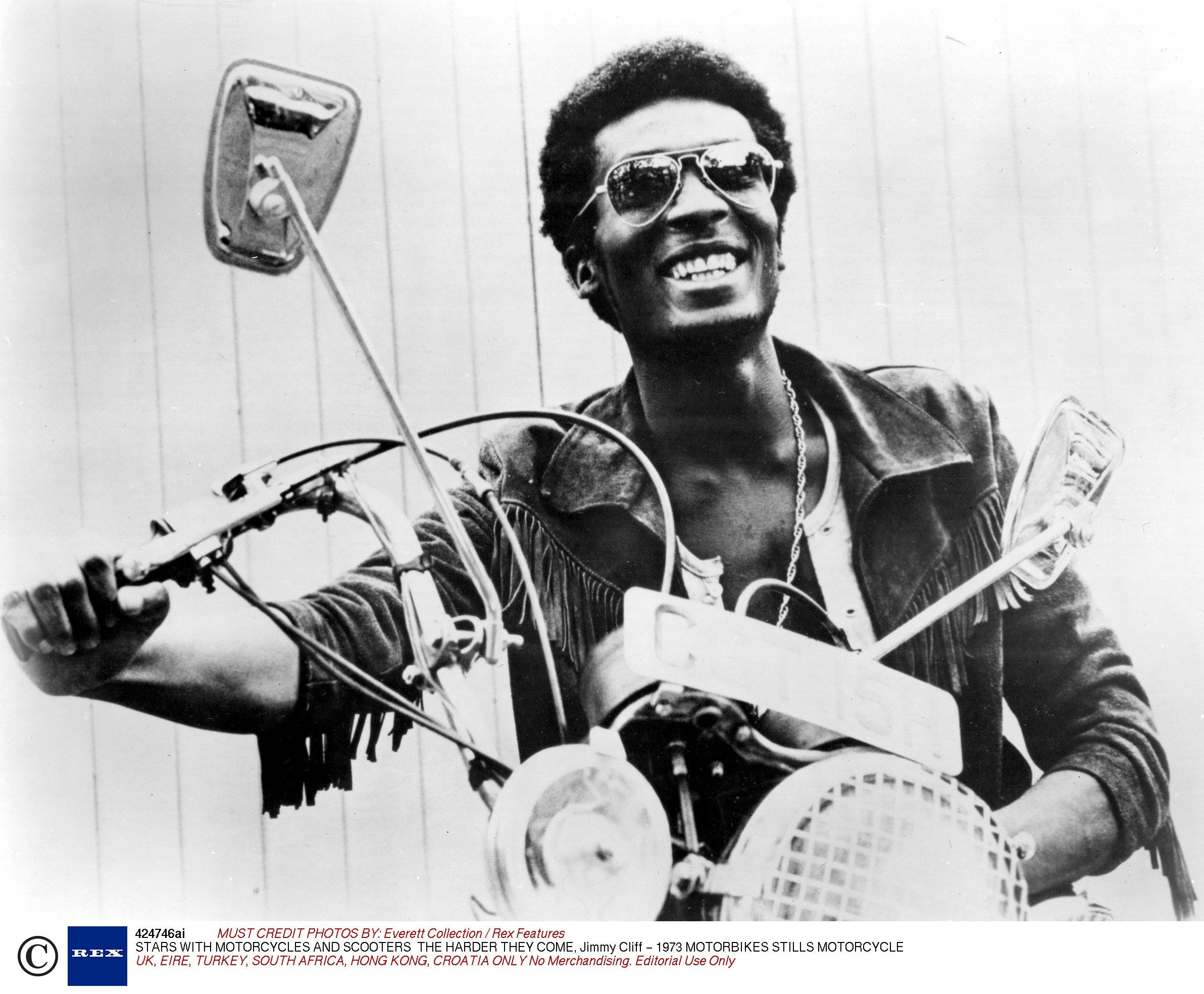 open image in galleryCliff in ‘The Harder They Come’ (Everett Collection/Shutterstock)
open image in galleryCliff in ‘The Harder They Come’ (Everett Collection/Shutterstock)The protagonist’s path followed Cliff’s own journey from a rural suburb into the burgeoning Jamaican music industry; Cliff was perfectly cast as Ivanhoe Martin, the aspiring singer who turns to a life of crime. For anyone who knew Cliff for his peaceful public persona, it was striking to see the toughness and brutality he summoned in his performance. In one of the most memorable scenes, Henzell frames the camera on Cliff’s face during a knife fight as he methodically slashes his victim while intoning the words: “Don’t. F***. With. Me.”
Enjoy unlimited access to 100 million ad-free songs and podcasts with Amazon Music
Sign up now for a 30-day free trial. Terms apply.
Try for freeADVERTISEMENT. If you sign up to this service we will earn commission. This revenue helps to fund journalism across The Independent.
Enjoy unlimited access to 100 million ad-free songs and podcasts with Amazon Music
Sign up now for a 30-day free trial. Terms apply.
Try for freeADVERTISEMENT. If you sign up to this service we will earn commission. This revenue helps to fund journalism across The Independent.
Thankfully, in real life, Cliff was as gentle and grounded as his music suggested. When I interviewed him for The Independent in 2022, he was gracious with his time and playful in conversation.
We discussed Refugees, the last album he would release during his lifetime, and he giggled as he described recording the song “Punus”, based on a playground rhyme about the male anatomy. “I thought wow, Jimmy Cliff singing a rude song will probably get more notice than if he sings a clean, pretty song,” he said, laughing.
Even at 78, he had retained his childlike naughty streak. “We need balance in life,” he told me. “That’s what it’s all about.” Elsewhere on the record, he used his voice to draw attention to serious matters, such as the refugee crisis.
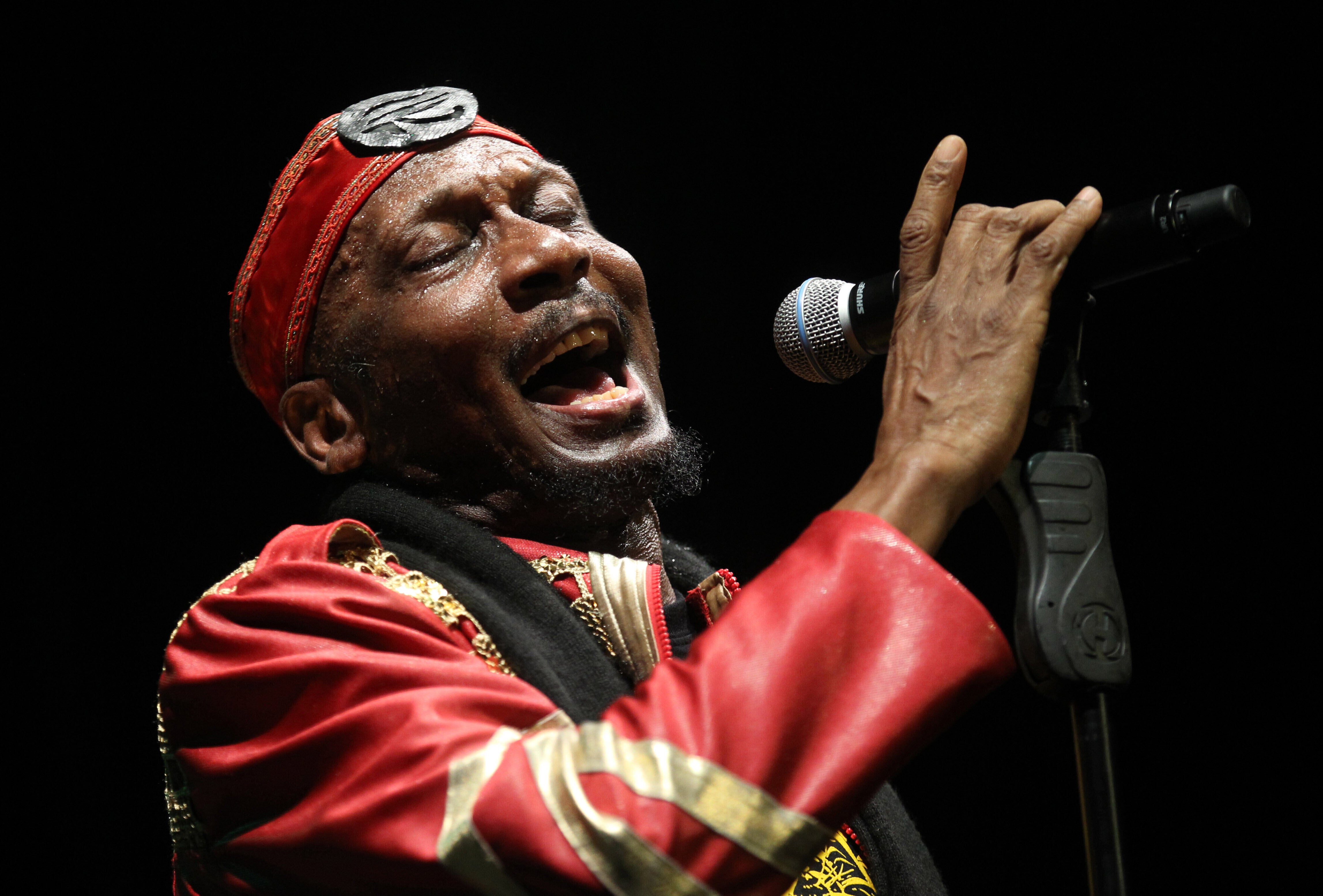 open image in galleryJimmy Cliff performing at the Timbre Rock and Roots concert in Singapore in March 2013 (AP Photo/Wong Maye-E, File)
open image in galleryJimmy Cliff performing at the Timbre Rock and Roots concert in Singapore in March 2013 (AP Photo/Wong Maye-E, File)My brief but lasting impression has been mirrored in comments from those who worked more closely with him, such as Jorge Calderón, of El Rayo-X, who recalled on Instagram how the band had supported Cliff during the 1980s.
“He was so nice to us,” he wrote. “I have never forgotten his warmth and kindness. When you are a young opening act on the road, a lot of big name acts don't want to be bothered with you. Not Jimmy, he knew what we were about and welcomed us. He was truly a beautiful cat.”
Yusuf/Cat Stevens, whose song “Wild World” was recorded by Cliff, added on social media: “His songs always had some message of peace - may he find it now and forever.”
Cliff’s determination to always keep “looking for the new” might have counted against his record sales in the end. Another Cycle, the 1971 country-soul record he made at Muscle Shoals with the Swampers (the backing band from a host of classics including Aretha Franklin’s “Respect” and Wilson Pickett’s “Mustang Sally”) wasn’t even released in the United States and still isn’t available on streaming.
However, his dream of matching The Rolling Stones did come to some sort of fruition when he sang on their 1986 record, Dirty Work. “He wrote some of the most beautiful ballads that ever came out of Jamaica,” Keith Richards said of Cliff to Rolling Stone in 2012. “Unbeatable songs, and the voice of an angel, you know?”
When I first heard Cliff had died, the memory that came back to me was of the night he headlined Jazz World at Glastonbury in 2008. He sang “You Can Get It If You Really Want”, and his lilting version of “Hakuna Matata”, and all seemed right with the world. Then he sang “I Can See Clearly Now”, and I was a child again, singing along in my mother’s car. Even though it was almost midnight, I could have sworn I saw the sun rise over the stage.
More about
reggaesingerJamaicasoulJoin our commenting forum
Join thought-provoking conversations, follow other Independent readers and see their replies
Comments